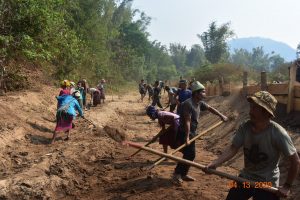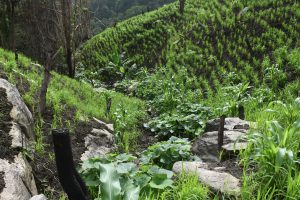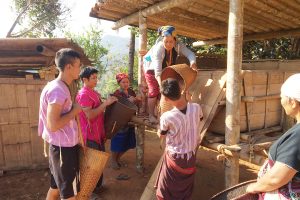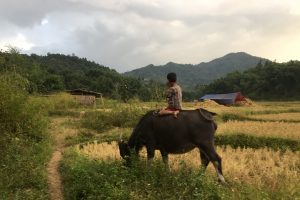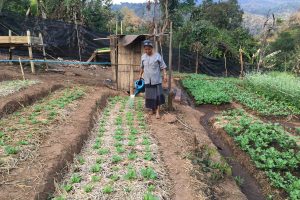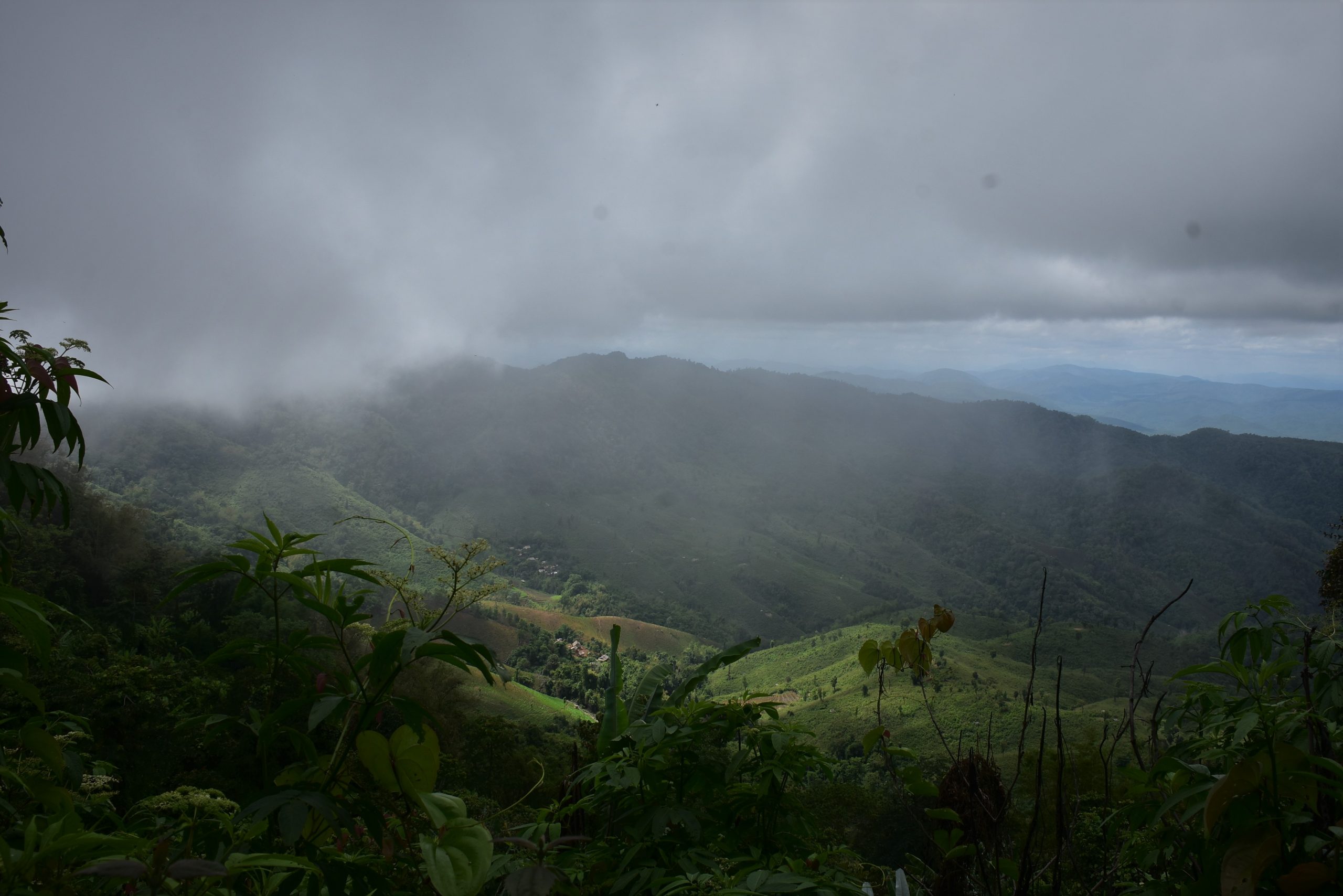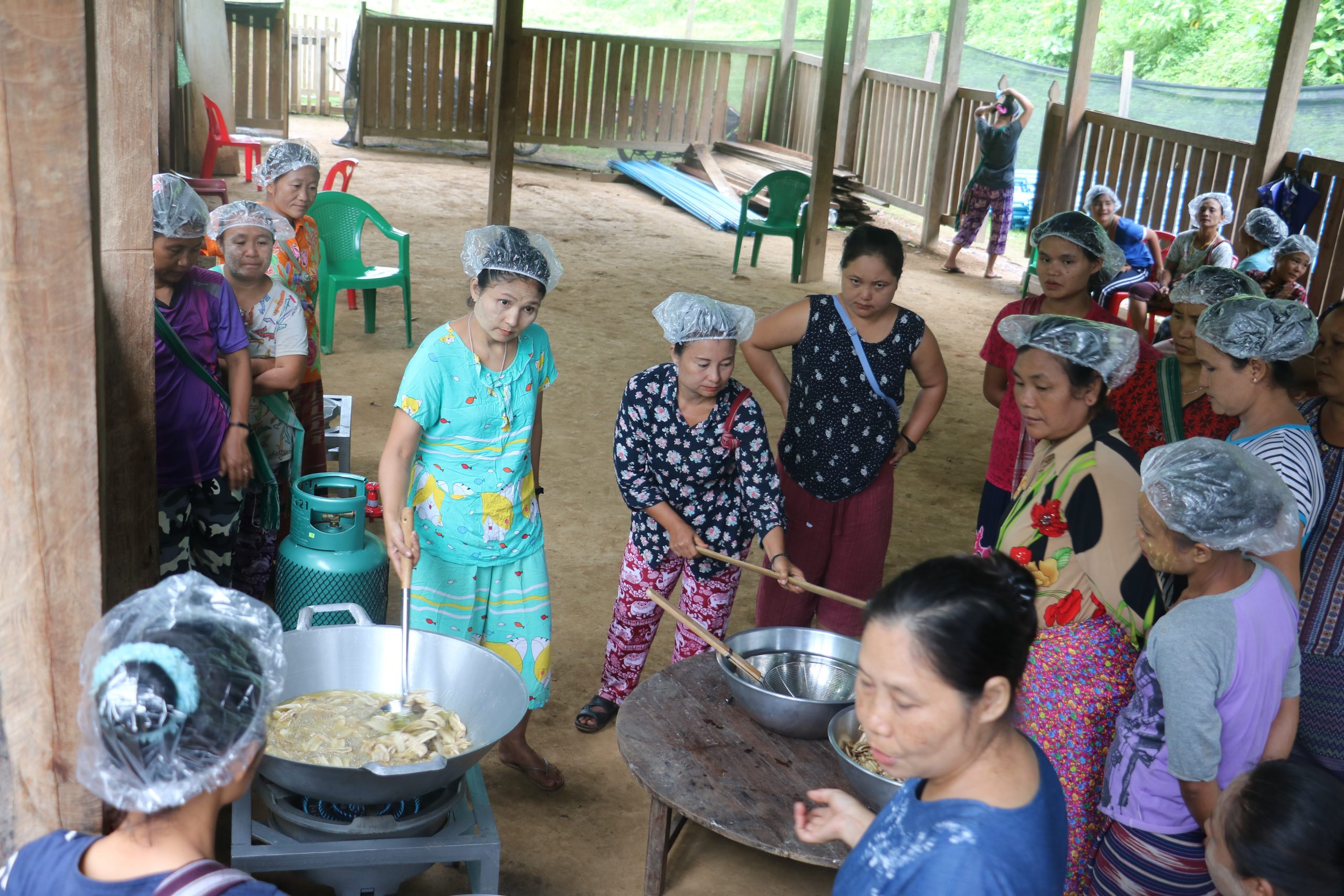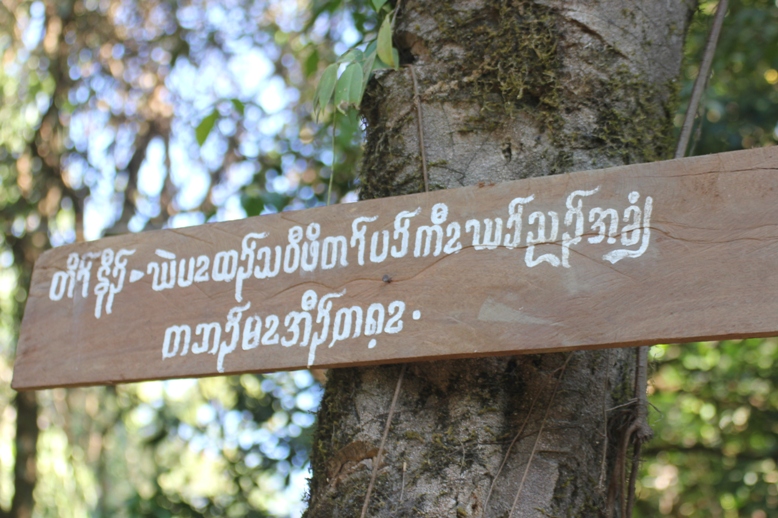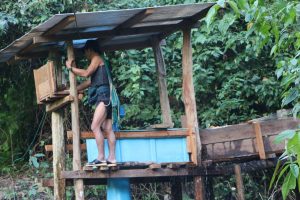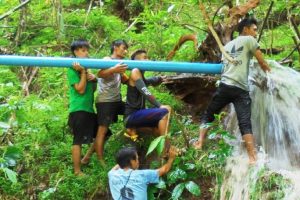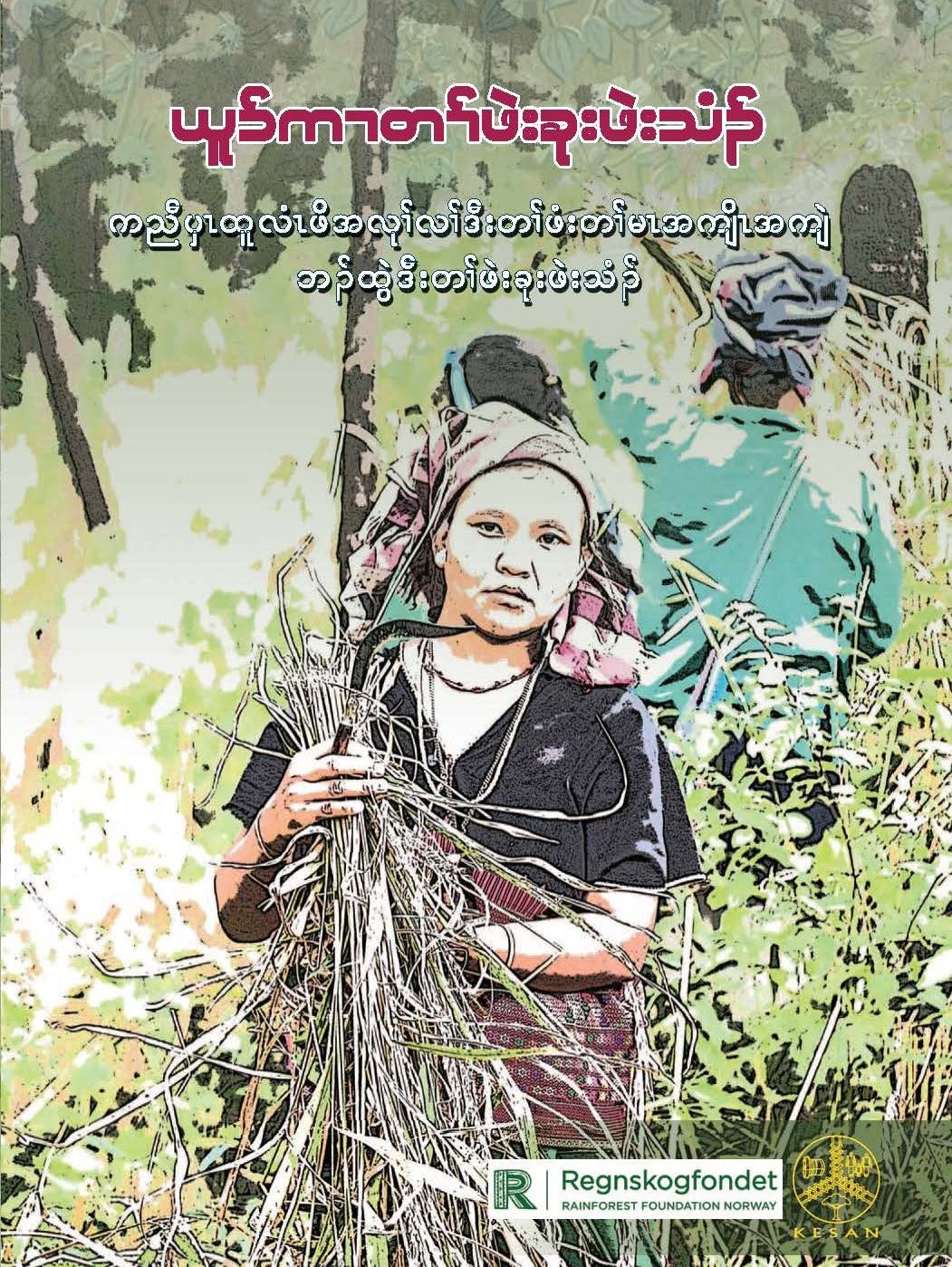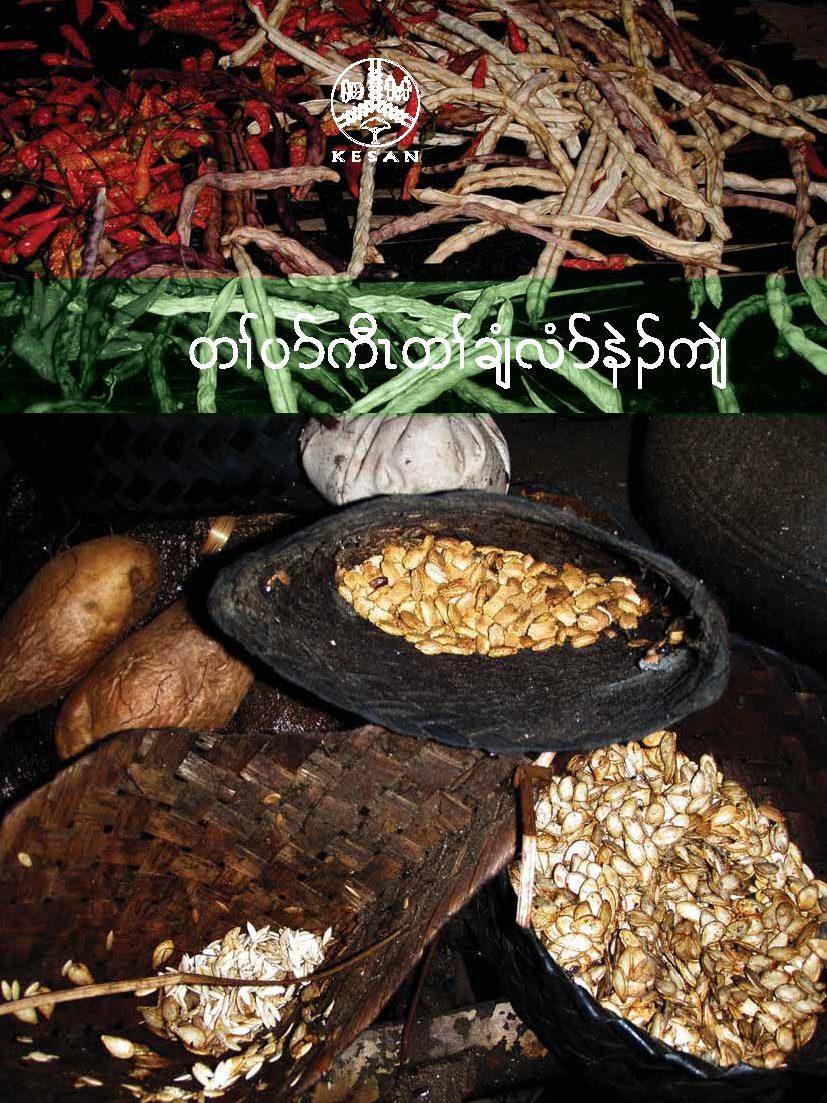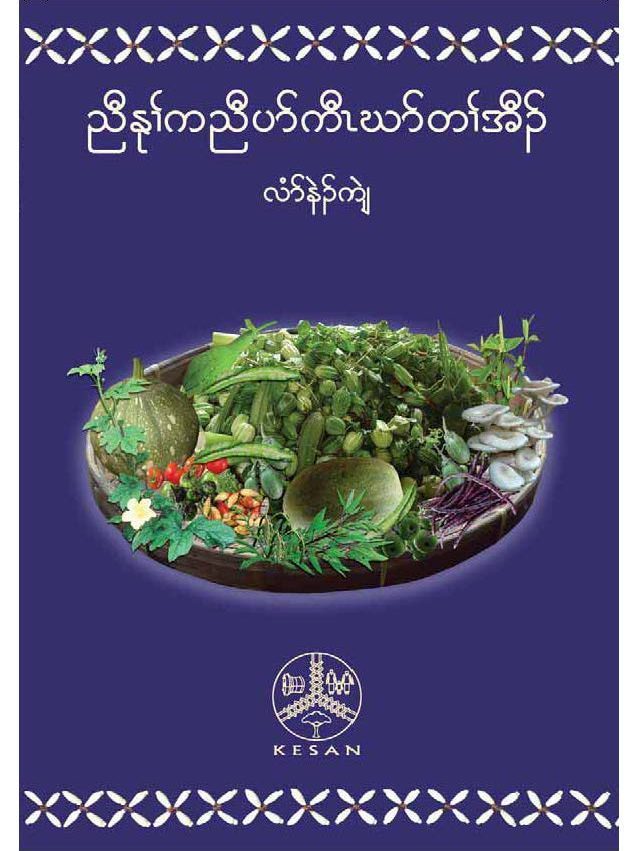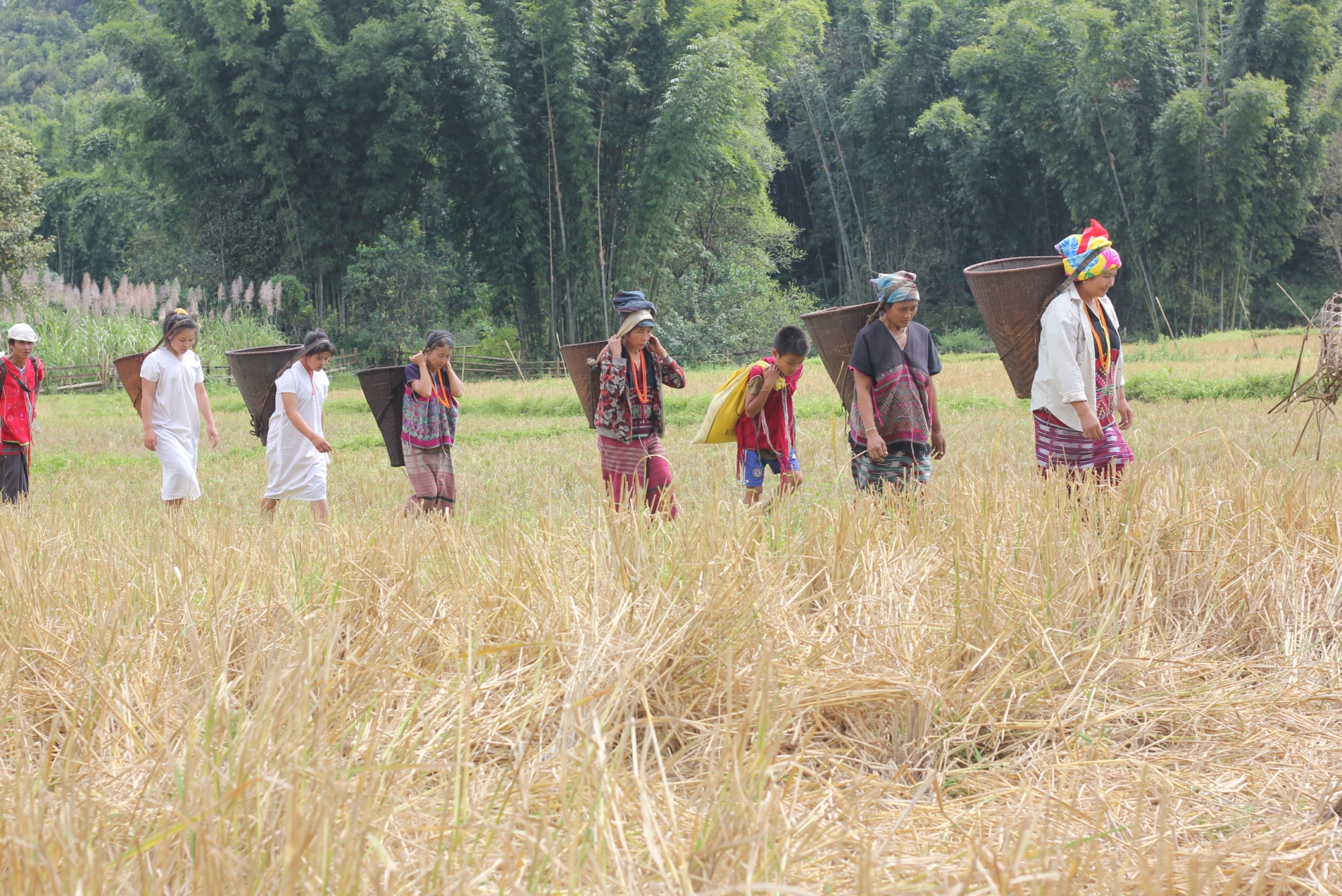
Community Based Livelihoods Initiatives
Strengthening livelihood through natural conservation
KESAN’s Community Based Livelihoods Initiative (CBLI) Program assists conflict-affected communities in Karen State to rehabilitate and restore their livelihoods and strengthen local food sovereignty based on sustainable agricultural practices and development of local livelihood opportunities.
The main aim of the CBLI program is to support small-scale local interventions that will result in improved management of community natural resources, conservation of local biodiversity, preservation and promotion of Indigenous knowledge, empowerment of women, strengthened local livelihood security, and enhanced resilience for natural and human-caused disasters.
In this program, we work closely with ‘Cluster’ leaders. A cluster is composed of 20 to 30 villages, including villagers and local leaders. The CBLI program’s approach is to – first and foremost – respond to community needs, and then ensure that community members take the lead during project planning, implementation and monitoring in to empower and promote community ownership of projects thereby making CBLI interventions as socially and ecologically sustainable as possible.
